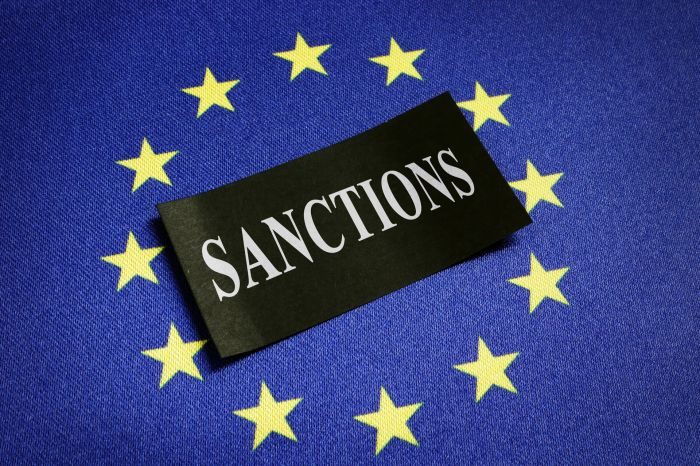The move would be part of the previously announced sixth round of sanctions against Russia over its invasion of Ukraine.
Oil supplies will be phased out within six months and imports of refined oil products by the end of 2022. Oil prices have risen by around 40% since the start of the year amid fears that Russia’s invasion of Ukraine will cause a supply shock, fuelling inflation and increasing pressure on European economies.
Read also: Fed declares war on inflation and raises interest rates
EU countries have already agreed to phase out imports of Russian coal, you can read more about this move in our earlier article.
Hungary opposes the ban
Hungary has said it cannot support the proposal in its current form because it is concerned about its country’s energy security. According to the International Energy Agency, almost 60% of its oil imports will come from Russia in 2021. This information has caused a public uproar, to which many have commented. Billionaire Richard Branson, for example, called the situation “shameful”.
Shameful that Hungary will not support EU oil embargo https://t.co/ltdwFGYMrX
— Richard Branson (@richardbranson) May 5, 2022
Despite the successive bans, Russia is still profiting
Russia is the world’s second-largest oil exporter. Recently, however, countries such as Canada, the USA, and Australia have already banned the import of Russian oil as part of sanctions. This uncertainty on the market is pushing up the price of this commodity, and so a large amount of money is still flowing into Russia’s treasury. According to estimates, Russia is expected to collect up to $180 billion in tax revenues from these energy resources this year.
India also wants a discount on oil because of the risk
Compared to Europe, India is happy with Russian oil. However, it recognizes the risk of trading with the country and is therefore seeking a significantly lower price than it is currently trading at. According to progressively published information, India is trying to negotiate a price of around $70 per barrel.











Comments
Post has no comment yet.